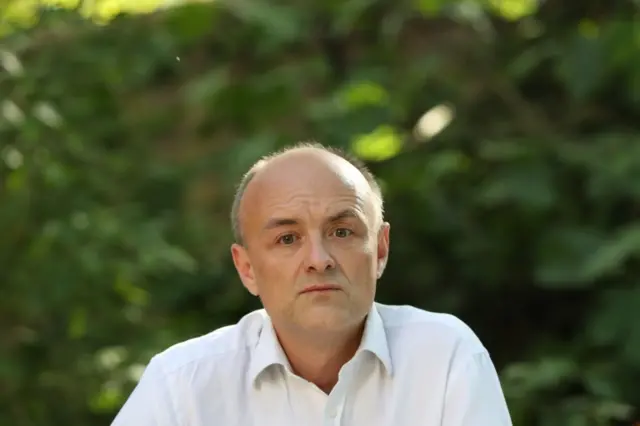What difference could half a billion vaccines make?published at 19:00 BST 10 June 2021
 Reality Check
Reality Check
President Biden's announcement that the US will donate half a billion vaccines to help the fight against coronavirus seems like a huge figure.
It will involve giving away 200 million Pfizer-BioNTech jabs this year, and another 300 million by June 2022 to be used by poorer countries.
But is that enough to make a difference?
The scale of the task is enormous, and the Covax vaccine-sharing programme for poorer countries is facing severe shortages.
It aims to distribute 1.8 billion doses globally by early next year, so the US donation will help.
But experts believe that the US vaccines, and smaller commitments made by other countries, still fall far short of what’s needed.


